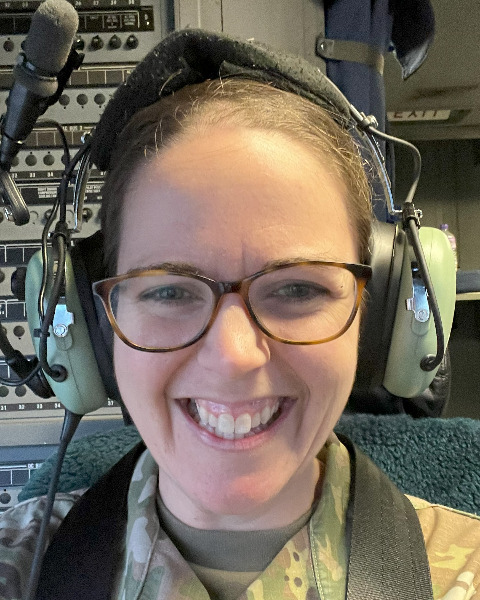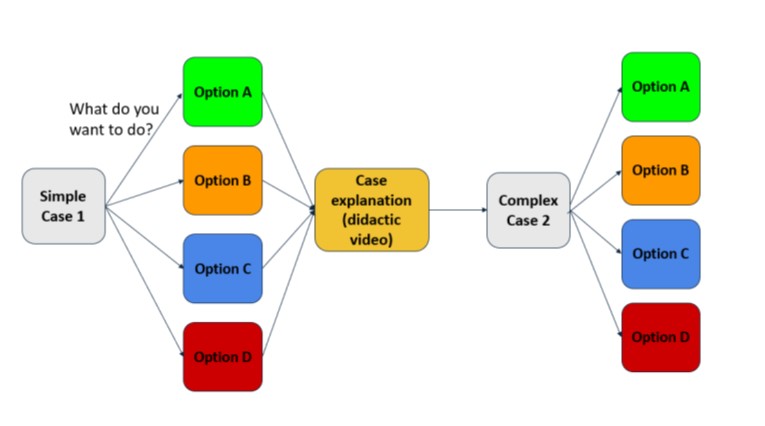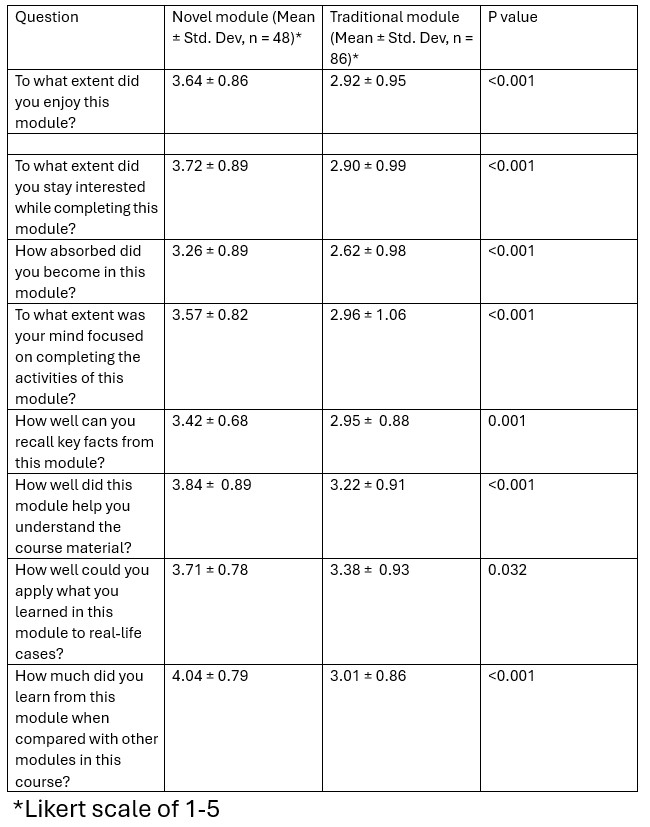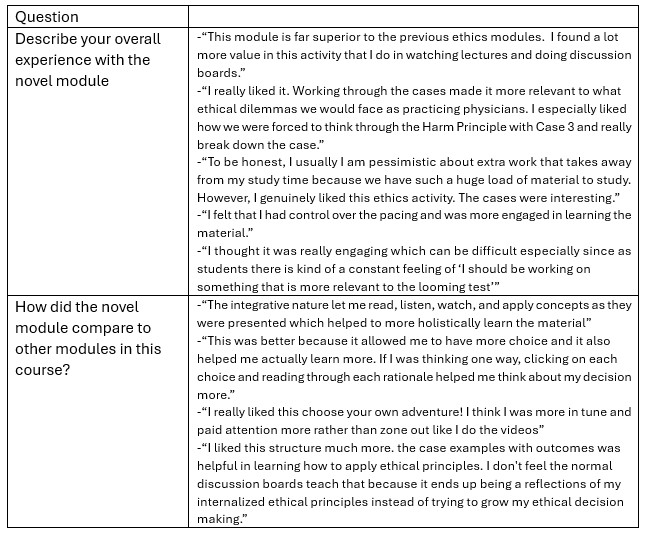Clinical Bioethics
Session: Clinical Bioethics
576 - Choosing Your Own Ethics Adventure: A Novel Approach to Increase Learner Engagement in Pediatric Ethics Teaching
Saturday, April 26, 2025
2:30pm - 4:45pm HST
Publication Number: 576.4223
Jeanne Krick, Brooke Army Medical Center, San Antonio, TX, United States; Sami Abuhamdeh, USUHS, Bethesda, MD, United States; Eulho Jung, Uniformed Services University of the Health Sciences F. Edward Hebert School of Medicine, Clarksburg, MD, United States; Binbin Zheng, Uniformed Services University of the Health Sciences F. Edward Hebert School of Medicine, Bethesda, MD, United States

Jeanne Krick, MD, MA (she/her/hers)
Neonatology Attending Physician
San Antonio Uniformed Services Health Education Consortium
San Antonio, Texas, United States
Presenting Author(s)
Background: Medical ethics instruction in the U.S. varies widely, with no standard approach to content or delivery method. While some institutions teach pediatric ethics material, many do not, citing time constraints. Asynchronous teaching methods are increasingly used in ethics instruction given time constraints for in-person sessions, but the challenge remains in how best to engage students.
Objective: This study aimed to address this gap by investigating the effectiveness of a novel asynchronous pediatric ethics module in a preclerkship medical ethics course.
Design/Methods: This study was a mixed methods educational intervention, where all medical students in a preclerkship ethics course completed a novel, scenario-based, choose-your-own-adventure pediatric ethics module (Figure 1). This module was designed to enhance learner autonomy by allowing them to engage with cases as they would in real-life scenarios, allowing them to guide the path of their learning. Interactive scenarios were intermixed with didactic videos, ensuring learners were exposed to foundational knowledge. Upon module completion, learners completed a survey focused on engagement, perceived learning, and autonomy. The results of this survey were compared with those of the same survey administered after a “traditional” module (i.e. a recorded didactic lecture, followed by online discussion board) taken by the same students. They also completed an end-of-module quiz, the results of which were compared to those of the prior year’s class, who had completed a “traditional” pediatric ethics module.
Results: One hundred seventy-seven students completed both modules. Forty-eight completed the post-module survey for the novel module, while 86 completed it for the “traditional” module. Students reported greater measures of engagement, perceived learning, and autonomy with the novel module (Table 1). Average end-of-module quiz scores were higher with the novel module (92% vs. 88%, p = 0.02). Comments regarding the module were overwhelmingly positive (Table 2).
Conclusion(s): This educational study demonstrates that an interactive scenario-based choose-your-own adventure module is a promising way to engage students in learning foundational knowledge in pediatric ethics. As more instruction becomes asynchronous, this model could be used to help engage students and achieve learning objectives. This same approach could easily be adapted for ethics education at other training levels, such as pediatric residencies and fellowships, as well as for other ethics topics.
Novel module structure
 Interactive, scenario-based, choose-your-own-adventure module
Interactive, scenario-based, choose-your-own-adventure moduleSurvey results
 Results of student surveys following novel and traditional module
Results of student surveys following novel and traditional moduleStudent comments
 Comments from students about the novel module
Comments from students about the novel module
